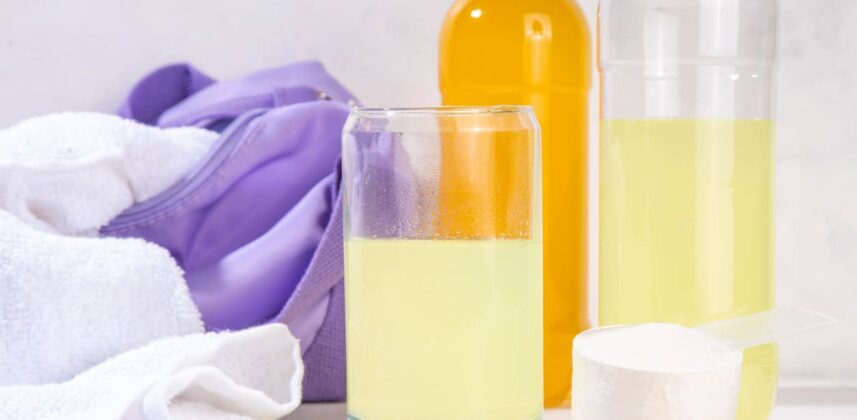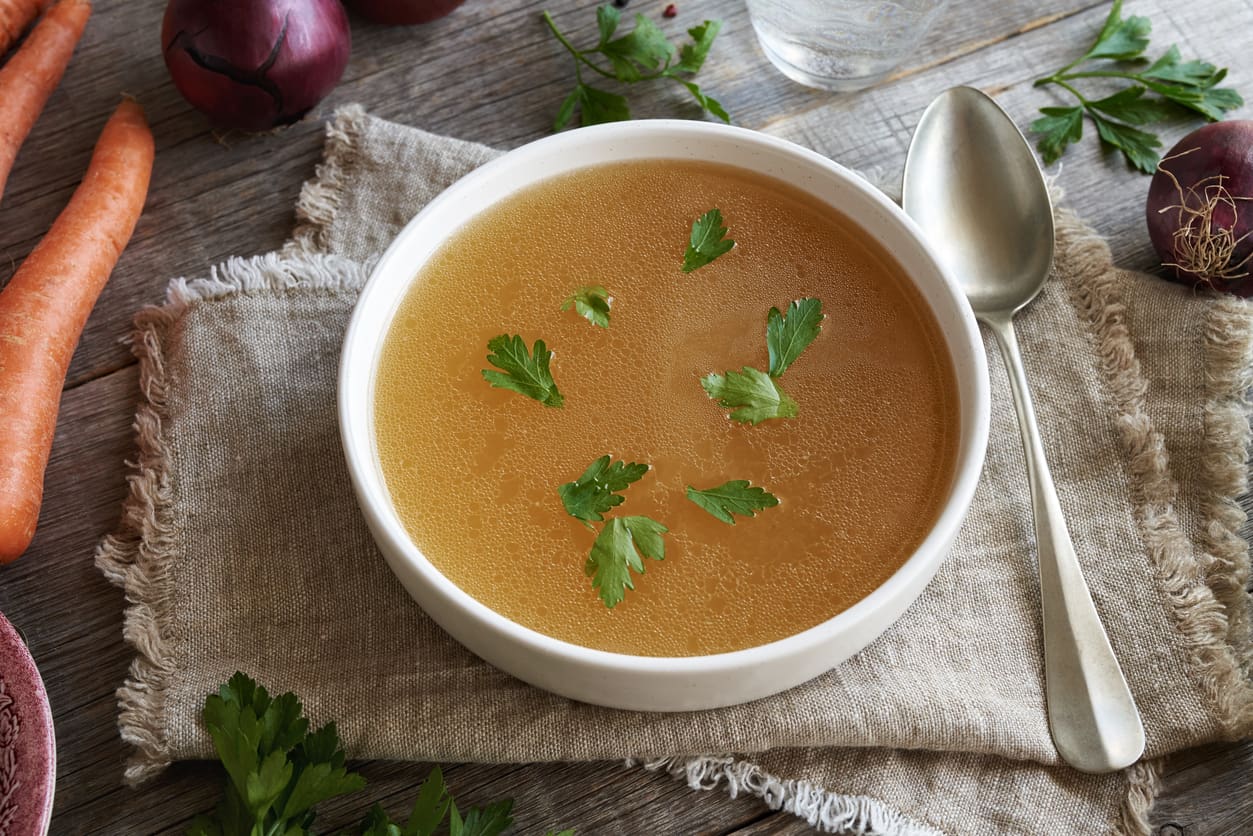Do you really need electrolytes? Here’s what we know
Peter Paumgardhen | Last update: 25th June 2025
Electrolytes are everywhere — but do you actually need them on your weight loss journey, especially if you’re using GLP-1 weight loss drugs like Wegovy or Mounjaro? Here’s what the SlimrChat community has learned.

Electrolytes on weight loss drugs: Worth it or just hype?
Let’s be honest – when we first started hearing about electrolytes in the SlimrChat community, most of us weren’t exactly sure what they did. Are they a must-have for staying hydrated on weight loss drugs? Do they help with side effects? Or are they just another wellness trend clogging up your kitchen cupboard?
Here’s what we now know, from community experience and expert guidance.
What even are electrolytes?
Electrolytes are minerals — think sodium, potassium, calcium, magnesium — that keep your body functioning. They help regulate hydration, nerve function, muscle movement, and pH balance. You lose them when you sweat or go to the loo, and your body normally replaces them easily through food and water.
But on weight loss drugs, your body might lose more electrolytes than usual, and that’s where things get interesting.
What do weight loss drugs have to do with it?
Drugs like Mounjaro and Wegovy (Ozempic) can have a mild diuretic effect. That means you’re likely peeing more, especially in the 24–48 hours after your weekly injection. Combine that with a smaller appetite (and sometimes less fluid intake), and it can tip the balance, especially for sodium.
“The first day or two after my shot, I end up peeing a lot more. So I usually drink electrolytes the next morning — it really helps,” said one SlimrChat user.
For many of us, this extra fluid loss can lead to headaches, fatigue, light-headedness and even nausea, which, let’s face it, are already common side effects of GLP-1s. That’s where electrolyte drinks or powders can come in handy.
What benefits have SlimrChat users noticed?
From helping with low energy to easing nausea, electrolytes have become a popular hack for some in the SlimrChat community. Here’s what a few of us had to say:
“They help with heart palpitations, headaches and nausea. I use them the day after my shot and sometimes at the gym. They give me a proper energy boost.”
“I’m 54 and started getting awful night sweats. A trainer said electrolytes could help — now I drink one instead of coffee in the morning. Game changer.”
“I don’t do them daily. But in the summer, when I’m outside doing horse stuff, I’ll use them more. It makes a difference when I’m sweating a lot.”
Of course, not everyone in the community uses them, or needs to. But if you’re feeling low, sluggish or nauseous, it might be worth trying a low-sodium electrolyte option and seeing how your body responds.
Can I have too many?
Yes. You definitely can. Like most things on this journey, it’s about balance.
“They’re not magic. Too many can cause bloating, stall weight loss, and mess with your blood pressure if you’re sensitive to sodium. You really have to listen to your body – and your doctor.”
Most SlimrChat members who regularly use electrolytes stick to one drink a day, max. Some only use them after their injection, during workouts, or when feeling especially dehydrated.
When you shouldn’t be using electrolytes
If you have high blood pressure, kidney issues, or sodium sensitivity, steer clear unless your doctor or healthcare provider gives you the green light.
“Your doctor should check your blood before you start adding electrolytes. Some people shouldn’t be using them at all, especially the high-sodium ones.”
Even some “health” brands contain hidden sugar, high salt levels, and unnecessary extras. Always check the label — or go for low-sodium or trace mineral blends if you’re not sure.

What if I don’t like electrolyte drinks?
No worries — you’ve got options. Some natural alternatives work just as well:
- Bone broth – Packed with sodium and other minerals
- Pickle juice – Salty, sour, and surprisingly effective
- Leafy greens, bananas, avocados – Great sources of potassium and magnesium
- Trace mineral drops – Add them to plain water, no flavour needed
And remember — staying hydrated always starts with water. Aim for 1.5 to 2 litres daily (around 64oz), and build from there if needed.
Top tips from the SlimrChat community
- Try one low-sodium electrolyte drink after your GLP-1 injection and see if it eases symptoms
- Don’t assume you need one every day — listen to your body
- Watch for signs of dehydration: dry mouth, low energy, fast heart rate during light exercise
- Avoid sugary or high-salt brands if you’re watching your weight or blood pressure
- Talk to your doctor or healthcare provider before starting any regular electrolyte supplement
- Remember that food, water and rest also play a huge role in feeling balanced
Quick recap
Electrolytes aren’t essential for everyone, but they can help if you’re:
- Peeing more after your shot
- Feeling extra tired, dizzy, or nauseous
- Not drinking enough water
- Working out or sweating heavily
If you decide to use them, go low-sodium, stay hydrated, and personalise your approach. And if something feels off, check in with your doctor or healthcare provider.
Over to you: Do you use electrolytes?
Let us know what’s worked for you. Are electrolytes your go-to post-shot boost? Or have you found other ways to stay hydrated and energised?
Jump into the SlimrChat community chat—your experience could help someone else feel less alone on their journey. Click the button below to share your experiences!